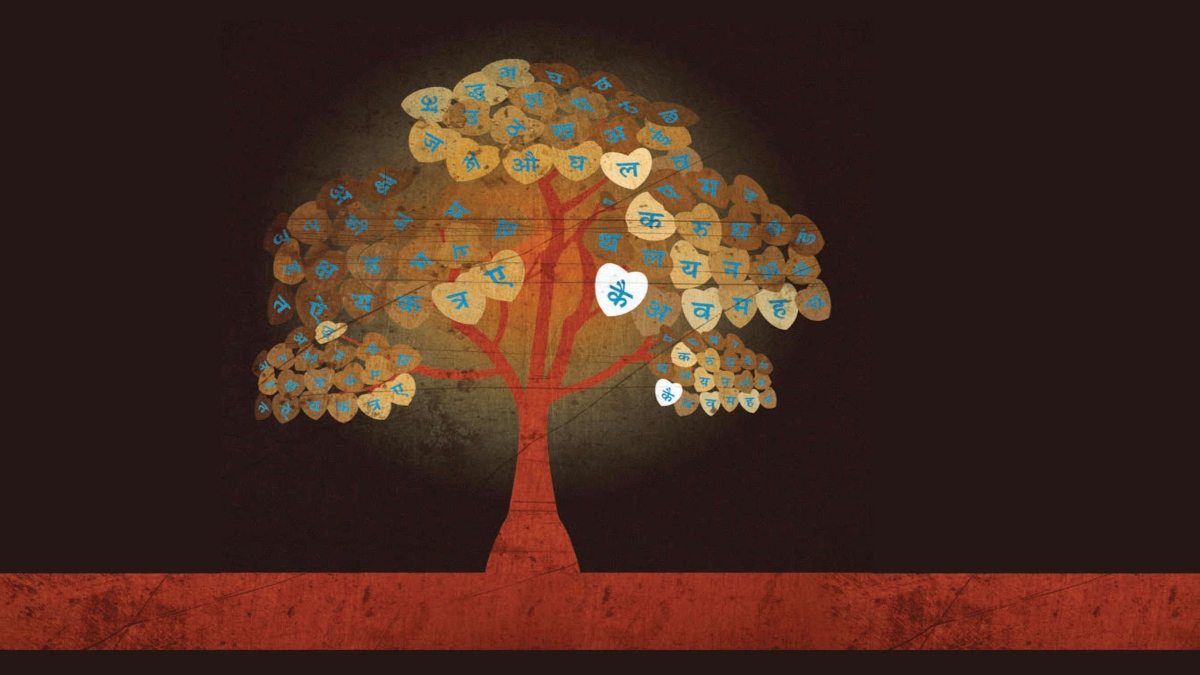


The list of unparliamentary words comes out every year but the list declared this year has led to a furore. The opposition parties have reacted strongly to the list alleging that the government was trying to suppress their voice. An embargo of this kind is not good in a democracy. How can the words which are used in day-to-day life be called unparliamentary? Take a look at the words like tanashah, jumlajivi, Jaichand, ant-shant, corrupt, nautanki, dhindhora pitna, nikamma, balbuddhi, ulta chor kotwal ko dante, uchakke, ahankar, kav-kav karna, black day, hooliganism, gulchharra, gul khilana… They are routinely used in conversations but if uttered in the Parliament, they will be expunged from the record. The opposition claims that words which are commonly used to attack the government have been purposefully removed from the accepted lingo.
For example, words like tanashah, dadagiri and riot have also been declared unparliamentary. Just think if a riot takes place somewhere and the House is discussing it, how can one not use the word riot? This precedent of terming words unparliamentary is not good.
I have been a part of parliamentary politics for 18 years. I am a journalist too and have tried to understand and know the efficacy of words diligently. The issue of words being parliamentary or unparliamentary is not restricted to the Indian Parliament only. In fact, Parliaments of many countries have put restrictions on the use of certain words from time to time. In India, the practice of making a list of such words was established in 1954 and the Speaker or Chairman expunged certain words considering them unparliamentary. The legislative assemblies from the state later adopted this practice. Since then, the new list is made every year. The biggest dispute has arisen over this year’s list.
Personally, I feel that word is Brahma, the creator. The Indian culture and tradition also believe in this assumption. Words are a medium of expressing one’s feelings. Barring abuse, generally no word can be unparliamentary. Words can be harsh. They have the capacity to be lethal. One small word can leave relations in tatters. That is why there is a saying that ‘an arrow shot from the bow and a word uttered by the tongue can never be recalled.’
What it means is whether it is personal, social life or the Parliament, words must be used thoughtfully. Harsh words led to Mahabharata and they resulted in the burning of Ravana’s Lanka too.
From my personal experience, I can say with conviction that if your words hold substance, if the point you are raising is measured and logical, there is no need to use hard words that can offend somebody. I had an occasion to mention in this column that in a moment of agitation, Hem Barua once hurled abuse at Nehru ji. In spite of this, Nehru ji invited him for a cup of tea and said, “You speak well but fly into rage easily.’’ Feroz Gandhi also used to launch strong attacks but his words were balanced. Relations between debaters remained intact. I have seen the scenario deteriorating. Some words are completely parliamentary like BJP, Congress, Laluji, Mamata Didi, Jayalalithaa, Karunanidhi. However, as soon as these names were uttered opposition used to raise a storm and even today does not stop short of doing so.
The Supreme Court witnesses strong debates but has the issue of unparliamentary words ever cropped up there? Never, because attention is paid to decorum, good behaviour there. I feel that it is the duty of the government to maintain natural and cordial relations with the opposition. It is also the duty of the opposition to ensure that their parliamentary behaviour is such that people derive inspiration from them. Today’s youth is watching the behaviour of their parliamentarians and legislators. The Parliament is the temple of our democracy. That is why the behaviour of the MPs here should be similar to that they keep at the abode of their ideal. If the behaviour of the MPs is cultured, no word will have to share the blame for being unparliamentary.
Before concluding, I will tell you a very interesting anecdote related to parliamentary words. In 1956, the word “Godse’ was put on the list of unparliamentary words. In 2015, the then deputy chairman of Rajya Sabha P J Kurien stopped a member from using the word Godse. The then Shiv Sena MP Hemant Tukaram Godse made this an issue and wrote a letter to the then Lok Sabha speaker Sumitra Mahajan saying that Godse was his surname and why would he remove this word from his name? This claim was justified so the speaker removed the word Godse from the list of unparliamentary words and ordered a new arrangement wherein the whole word Nathuram Godse was considered prohibited.
The author is the chairman, Editorial Board of Lokmat Media and former member of Rajya Sabha.
In Indian culture and tradition, the word is considered as Brahma. So, the question is how any word can be unparliamentary? Unfortunately, words are being made to stand in the dock when the real issue is of the behaviour of the MPs. If your words hold weight, your points are justified, there will be no need to use the harsh words.
INDIA’S POWER IN AMERICA
The entire world was watching what strategy America adopts against India which is purchasing the S-400 missile system from Russia. When Turkey bought the S-400 system from Russia two years back, America imposed strict sanctions on that country. India remained unfazed and its agreement with Russia progressed.
All were thinking how America would react? Obviously, thinking of putting any kind of restrictions on India was not in the interest of America. Last week, Indian-American lawmaker Rohit Khanna tabled a Bill in the American Parliament calling for special concession to India and it was passed. I feel proud at this power of our nation. Sare Jahan Se Achha, Hindustan Hamara!